The European Union unveils its new Africa strategy
On Monday, March 9, the European Union unveiled its new Africa engagement strategy, which the EU hopes will shift the relationship to one of more equal partnership. The new “Strategy with Africa” will focus on six areas of partnership: energy (especially green energy) access; digital transformation; sustainable growth and jobs; peace, security, and governance; and migration and mobility.
As High Representative for Foreign Affairs and Security Policy and Vice President of the European Commission for a Stronger Europe in the World Josep Borrell explained: “A part of Europe’s future is at stake in Africa. To face our common challenges, we need a strong Africa, and Africa needs a strong Europe. There is everything to gain from reinforcing our already very strong partnership in areas such as peace and stability, poverty and inequalities, terrorism and extremism.”
While proponents praised the shift in emphasis, some experts criticized the new strategy, saying it is actually a “missed opportunity” in that it only focuses on African objectives that are already aligned with EU priorities, like curbing migration.
Indeed, economic and security partnerships are already important for both parties: The EU as a whole already has more than $250 billion in foreign investment in Africa, much higher than the next two highest countries, the United States and China, with $48 billion and $43 billion respectively. Trade between the regions amounts to $269 billion, double that of China and five times that of the United States. The EU also has 10 “common security and defense policy” missions in Africa and has contributed billions of dollars to security initiatives on the continent, like the G5 Sahel Joint Force and the African Peace Facility.
The next EU-Africa Summit is planned for October of this year.
Oil price crash threatens African oil exporters
Last weekend, Saudi Arabia and Russia engaged in an oil price war after Russia refused to comply with requested production cuts from the Organization of the Petroleum Exporting Countries (OPEC) in response to reduced oil demand due to the COVID-19 pandemic, and Saudi Arabia retaliated. This led to the biggest drop in oil prices since the 1991 Gulf War on Monday, to around $30 per barrel. Oil exporters in Africa—particularly Nigeria and Angola—have already seen their economies affected as a result of the sharp decline in crude oil prices.
In Nigeria, stocks sank to a more than four-year low and bond yield spreads widened in reaction to the price decline and investor fears over a resultant currency devaluation. In fact, JP Morgan stated that it expected Nigeria to devalue its currency by around 10 percent, from 365 naira per U.S. dollar to 400, by the end of June. The International Monetary Fund (IMF) has stated that it will be working closely with Nigerian authorities to assess vulnerabilities that may be exposed by the decline in oil prices.
Nigeria, which is Africa’s biggest oil producer, is particularly vulnerable to low oil prices because oil exports make up 90 percent of its total export earnings. The country needs oil prices to be around $60 per barrel to balance its budget.
Angola, Africa’s second-biggest crude oil exporter, is even more dependent on oil exports; the energy sector contributes about half of Angola’s GDP and over 90 percent of total export earnings, and the country also relies on oil prices around $60 per barrel to balance its budget. As a result of the price decrease, Angolan bonds sank to record lows on Tuesday.
Reports of coronavirus cases spread across the African continent
As of March 13, officials have confirmed cases of the novel coronavirus in 17 African countries. Just days after the World Health Organization declared COVID-19 to be a pandemic, over 100 cases across Africa had been reported. This past week has seen especially rapid changes: Egypt has seen the worst of the outbreak, with 80 cases reported there, as well as the continent’s first death occurring on March 8. Togo reported its first case on March 6, followed by two cases in Burkina Faso on March 9, one case in the Democratic Republic of the Congo on March 10, and Côte d’Ivoire with one case on March 11. Also on Thursday, South Africa reported its first locally transmitted case and raised its official case count to 17, and Algeria closed schools immediately following its first domestic death related to the virus. Friday saw Sudan, Kenya, Ethiopia, Gabon, and Guinea report their first official COVID-19 cases as well.
In response, several African nations have taken steps to limit the spread of the virus. Uganda, for example, has banned travel from certain “highly hit” countries, such as China, Italy, Iran, and the U.S. Chad closed its border with neighboring Cameroon amid concerns over the latter’s two confirmed cases. Kenya has banned all public gatherings. Notably, experts are hopeful that lessons learned and strategies developed during and after the Ebola crisis might lead to a successful mitigation of the effects of the current pandemic. Prominent responses include education initiatives, like informative fliers given to schoolchildren to disseminate relevant recommendations, and enhanced coordination between national and local response teams.
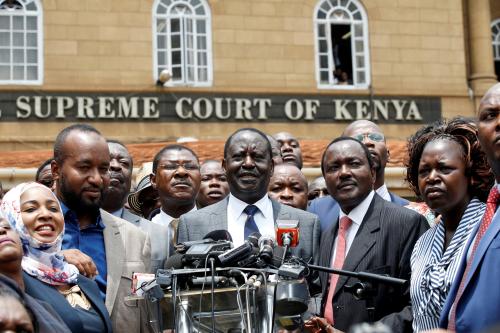



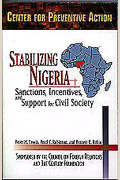
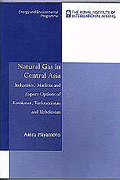

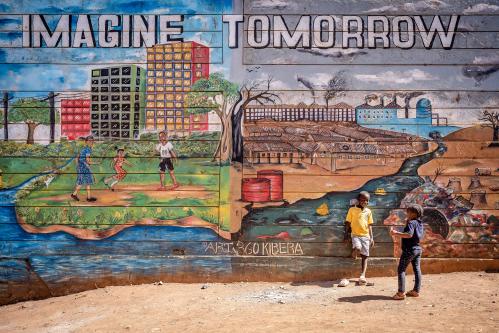
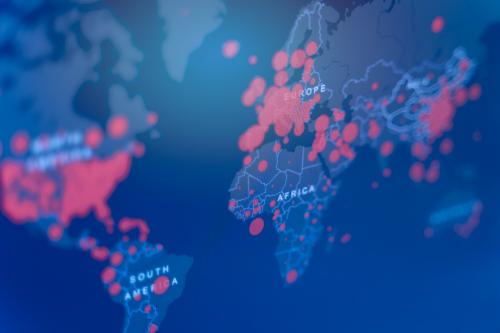
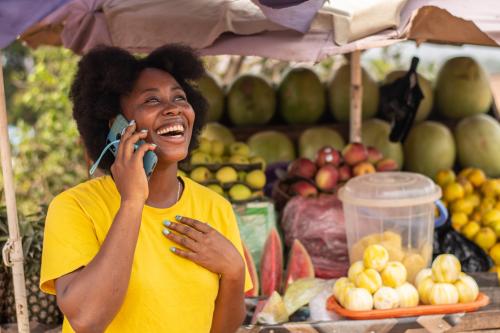
Commentary
Africa in the news: New EU-Africa strategy, impacts of the oil price crash, and spread of coronavirus
March 14, 2020